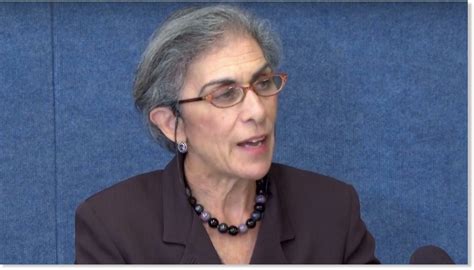A Quote by Arianna Huffington
Both political parties have a richly vested interest in corporate corruption.
Related Quotes
Thus far, both political parties have been remarkably clever and effective in concealing this new reality. In fact, the two parties have formed an innovative kind of cartel—an arrangement I have termed America’s political duopoly. Both parties lie about the fact that they have each sold out to the financial sector and the wealthy. So far both have largely gotten away with the lie, helped in part by the enormous amount of money now spent on deceptive, manipulative political advertising.
I am big supporter of the idea of a global anti-corruption movement - but one that begins by recognizing that the architecture of corruption is different in different countries. The corruption we suffer is not the same as the corruption that debilitates Africa. But it is both corruption, and both need to be eliminated if the faith in democracy is not going to be destroyed.
Part of what you need to understand is that we're forced to look back. You had the importation of third world or developing world conditions into the United States because of a bipartisan elite consensus for neo-liberalism. In other words, you had both political parties, the smarty-pants in both political parties said, hey, let's do these crazy trade deals.
American foreign policy is not understood by the vast majority of American people. And that this is due to a media that in this country is suppressed by Washington and by the owners of this media, who often tend to be corporate entities close to the [White House] and very often are arms manufacturers with a vested interest in chaos [in] the Middle East. And as a result Americans do not actually get both sides of the story.
There can be no effective control of corporations while their political activity remains. To put an end to it will be neither a short nor an easy task, but it can be done ... Corporate expenditures for political purposes, and especially such expenditures by public-service corporations, have supplied one of the principal sources of corruption in our political affairs.

































